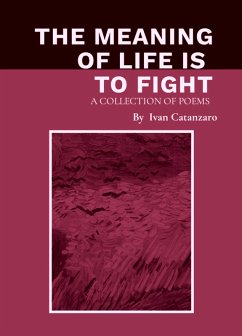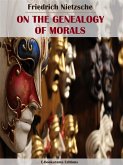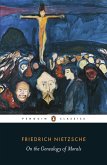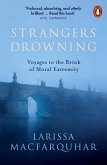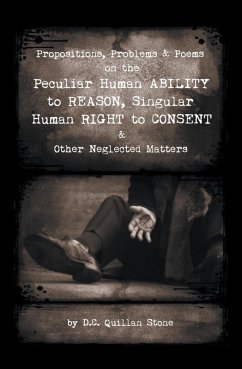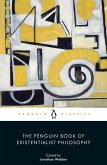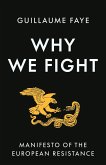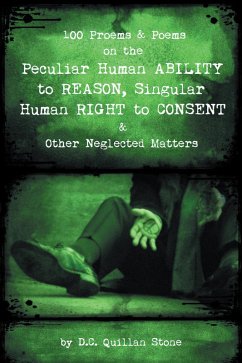Is poetry still possible in the machine era?
This book perhaps represents precisely its affirmative answer. His author, although aware of the significant changes affecting society and its means of communication, nonetheless decided to share his poetry in a world of fluid telegraphic messages and a chronic inability to focus on things of significance.
The author, whose native language is Italian, discovered the poetic discipline very early on by stumbling across the canonical masters constituting the rich tradition of his own country (viz. Dante, Petrarca, Lorenzo il Magnifico, Michelangelo, Foscolo, Leopardi, Ungaretti, Pasolini etc. ). Yet since the time of Middle School through the Liceo Classico he was deeply disappointed by how the teachers were supposed to convey or explain poetry. The students were uninterested, and the poems were treated as age-old relics full of dust, which did turn tasteless almost to absurdity or ridicule. Hence, what the process consisted of was one of soulless mnemonic learning, which far from concentrating on the very actual emotions pertaining to the most intense experiences of a poet's life, focused on a detached repetition of the purported explanation behind some verses, without any sympathetic involvement whatsoever.
A book of philosophical poetry
Historically, poetry and philosophy have been generally inimical, this contention dates back at least to Plato , when poetry was still a much broader discipline, as it represented the main means of religious transmission (i.e., the works of Homer, Hesiod, Aeschylus ). But the critique of poets Plato carried on (climaxing with his exile of poets from his republic) was not arbitrary and testified to the general approach of philosophy, which distinguishes it from any other enterprise. Accurate or not the account may be, stating that Plato himself was a poet before encountering Socrates, it is highly illustrative and it serves to explain that the rational critical approach which philosophy employs, excludes on principles any preconceived knowledge which may come up irrationally, any uncontrolled emotional attitude and any argument based upon emotions. Despite the influential legacy of Plato, over the last two centuries, in particular with the development of Romanticism some philosophies have been developed that base their arguments on feelings and integrate or leverage poetic images or the poetic language tout court. Moreover, out of these metaphysics, a conception of Art as something in itself (even if not necessarily recognized as such), sacred[1] or otherwise inherently valuable has been articulated and subsequently taken hold. To be sure, there have also been in modern times other conceptions of Art, such as socialist realism[2] for instance, that despite its association with totalitarian regimes, it was established on a diametral opposed comprehension of Art, viz., as an instrument to express a thought through emotions rather than merely expressing an emotion for its own sake. Much of the polemic with post-Romanticist philosophies in which the author has engaged can be found in his following publication Are postmodern philosophies methodologically invalid (2025)[3].
Dieser Download kann aus rechtlichen Gründen nur mit Rechnungsadresse in A, B, CY, CZ, D, DK, EW, E, FIN, F, GR, H, IRL, I, LT, L, LR, M, NL, PL, P, R, S, SLO, SK ausgeliefert werden.

